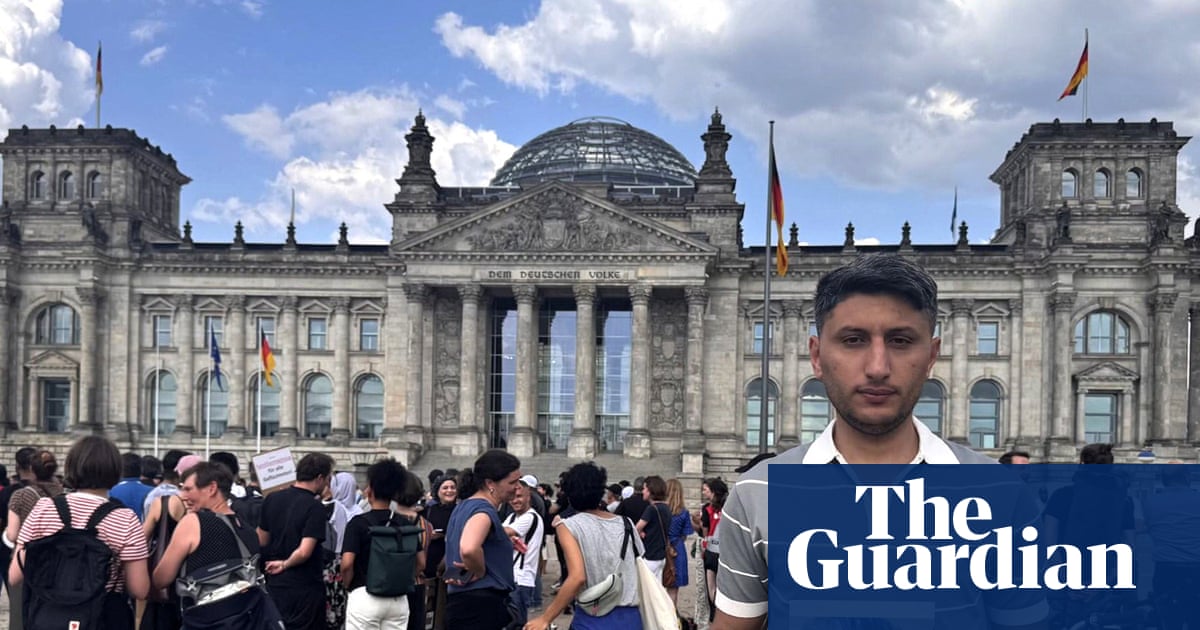
"Since fleeing Aleppo more than two years ago, Shikh Ali had done all he could to secure his son a safe future: moving to Hanover, getting full-time employment and wading through endless paperwork so that his wife and son could join him. He was close to reuniting with his family, with just two cases in front of his in the queue."
"While campaigners have contextualised the measures as part of a wider push by politicians to be seen as tough on migration, they say the focus on family reunification is misguided. It really doesn't make sense, said Federica Toscano of Save the Children Europe. We have politicians who proudly claim to want to make migration much more manageable, fair, organised and planned and family reunification is one of the most planned, legally secure and integration-promoting ways of taking in people who are seeking protection."
Germany suspended family reunifications for certain migrants for at least two years after a June lower house bill, leaving refugees unable to bring immediate family despite lengthy waits. Austria, Portugal, Finland and Belgium also introduced temporary suspensions or restrictions, with governments citing overstretched social services and invoking emergency justifications. Campaigners and child-protection groups argue that family reunification is a planned, legally secure pathway that supports integration and stability. The measures have immediate human consequences, exemplified by a Syrian father nearing reunification who was suddenly prevented from bringing his three-year-old son, prompting emotional distress and legal rights concerns under European human-rights treaties.
Read at www.theguardian.com
Unable to calculate read time
Collection
[
|
...
]